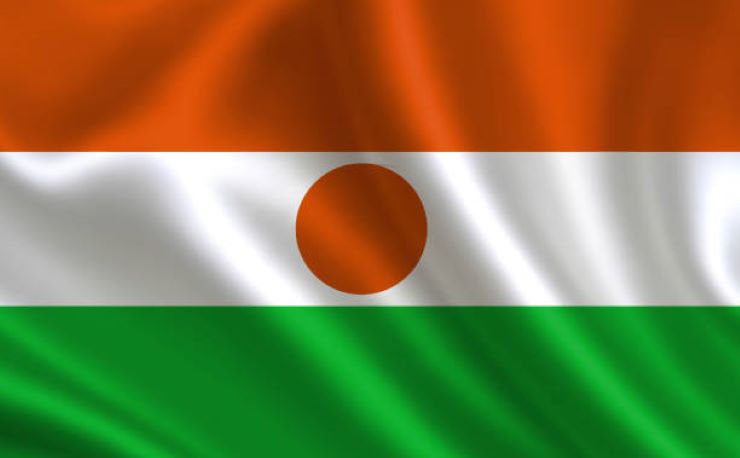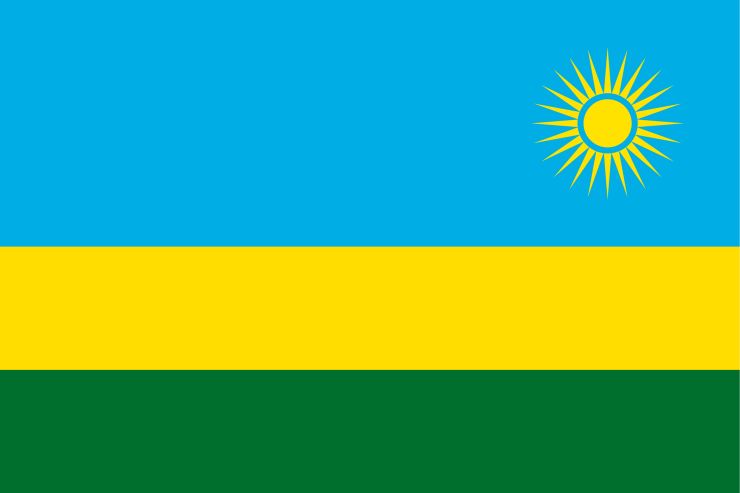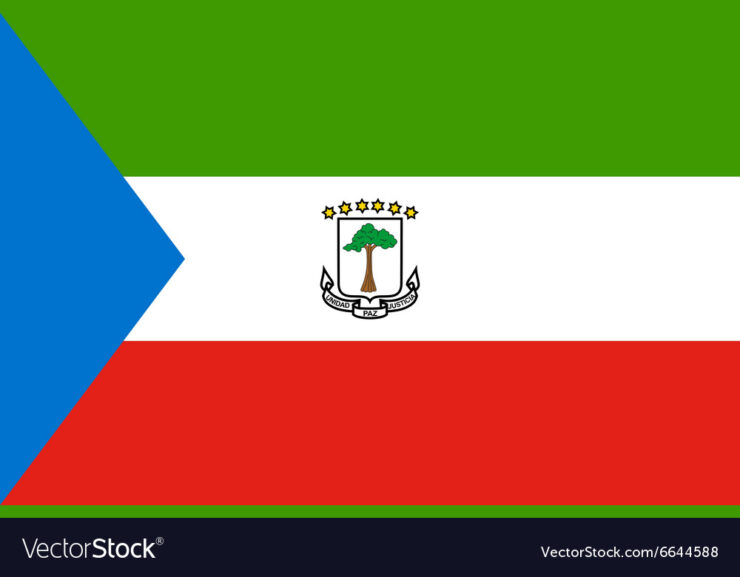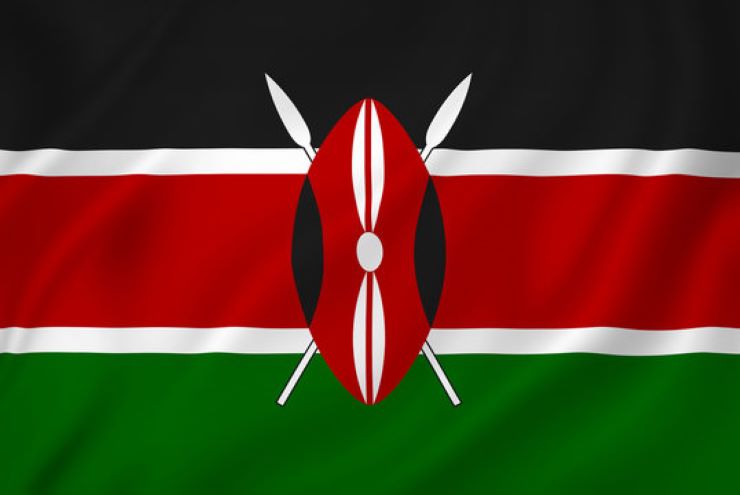The International Monetary Fund (IMF) recently issued its World Economic Outlook Database for 2022, which includes the organization’s predicted gross domestic product (GDP) growth for nations with the fastest growing economies in Africa in 2022.
According to projected growth in 2022, this is how the African economies are predicted to perform during the next two years.
Putting its financial problems behind it, Niger is anticipated to have the fastest growing economy in Sub-Saharan Africa in 2022, expanding at a rate almost twice as fast as that of Nigeria, the continent’s largest economy.
The International Monetary Fund also states that Niger’s GDP would grow 6.9 percent this year, compared to projections of 3.4 percent and 1.9 percent for Nigeria and South Africa, respectively.
Rwanda (6.4%), the Democratic Republic of the Congo (6.4%), South Sudan (6.5%), and Mauritius follow Niger closely (6.1 percent).
Africa’s economy was expected to increase by 4.5 percent overall in 2021, but the war in Ukraine has brought about a new and unfortunate event, causing growth to decrease to 3.8 percent in 2022.
Putting its financial problems behind it, Niger is anticipated to have the fastest-growing economy in Sub-Saharan Africa in 2022, expanding at a rate almost twice as fast as that of Nigeria, the continent’s largest economy.
Hence, as the year comes to an end, here’s a list of the 10 Fastest Growing Economies in Africa in 2022 (gotten from TalkAfricana)
- Niger
- Rwanda
- Democratic Republic of Congo
- South Sudan
- Mauritius
- Equatorial Guinea
- Côte d’Ivoire
- Benin
- Kenya
- The Gambia
1. Niger
Due to the primary and tertiary industries’ good performance, real GDP growth—which was predicted to be 5.6% on average for 2016–18—will likely reach 6.9% in 2022.

This development is the result of structural reforms, particularly those targeted at fostering the private sector and enhancing the resilience of agriculture, as well as investments in infrastructure, extractives, and services.
The projected rate of inflation for 2022 is 3.8%, which shows that inflationary pressures are still in check.
2. Rwanda
A significant decline in GDP and the collapse of the nation’s capacity to draw in both domestic and foreign investment were both results of the ethnic cleansing.

Since then, the economy has improved, with a projected $909.9 nominal GDP per person in 2022.
The IMF predicts that in 2022, Rwanda’s Real GDP would increase at a rate of 6.4%, about twice as fast as the average for the area.
Also read: Top 10 Insurance Companies In Kenya
3. Democratic Republic of Congo
Africa’s largest nation is the Democratic Republic of the Congo (DRC). The DRC has abundant natural resources, including the second-largest rainforest in the world, a sizable amount of arable land, and a vast diversity of wildlife.

Africa’s five poorest countries include the DRC. The projected real GDP (% Change) for the nation is predicted to increase by 6.4% in 2022.
4. Sudan
This landlocked nation, officially known as the Republic of South Sudan, is predicted to be the fourth country on the list of fastest growing economies in Africa in 2022.

In 2022, real GDP growth was anticipated to be 6.5%. The peace agreement that was concluded in September 2018 and the reopening and restart of several oil fields, especially those in the Upper Nile state, were the primary factors in this year’s ranking.
The economy continues to be primarily driven by the oil industry, followed by the service sector and agriculture.
5. Mauritius
Since gaining its independence from Great Britain in 1968, Mauritius’ economy has transformed from one focused primarily on agriculture and low income to one that is highly diversified and built on tourism, textiles, sugar, and financial services.

The nation is the second richest in Africa and has a good ranking for economic competitiveness.
In 2018 and 2019, real GDP growth was 7.4%, and it is anticipated that it will decline to 6.0% in 2022.
6. Equatorial Guinea
Cocoa, coffee, and lumber were historically the three main economic drivers in Equatorial Guinea, but in the 1980s, the discovery and production of oil and natural gas drastically altered the country’s economic landscape.

More than four-fifths of Equatorial Guinea’s GDP comes from oil exports, which now make up the majority of its exports (GDP).
The IMF projects that robust performance in the basic and tertiary sectors will result in an increase in Equatorial Guinea’s real GDP of 6.1% by the end of 2022.
7. Côte d’Ivoire
Since gaining independence, the Ivory Coast’s economy has expanded more quickly than the majority of other African nations.

Taxes on agricultural exports may be one factor in this. The nation is the fourth-largest exporter of general goods in sub-Saharan Africa and the largest exporter of cocoa beans in the world.
The economy is still performing well. It has been predicted that real GDP growth, which was 6.5% in 2021, will decline to 6.0% before the end of 2022.
8. Benin
Cotton production, regional trade, and subsistence farming are the major components of Benin’s economy. Over 50% of official export receipts and over 30% of the GDP are made up of cotton.

Benin’s continued strong economic growth, which is expected to reach 5.8%, with cotton as the primary export and the agricultural sector serving as the main growth engine, services continue to make up the largest portion of Benin’s GDP.
This is largely due to the country’s geographic location, which makes it possible for Benin to engage in trade, transportation, transit, and tourism with its neighboring countries.
9. Kenya
Kenya’s economy has grown significantly, as seen by its good performance in the field of tourism, higher education, telecommunications, energy, industry, and manufacturing.

The demand side factors of household spending, investment, and services have driven the supply side of the economy’s growth in 2022, which is predicted to be 5.7%.
10. The Gambia
The Gambia has a market-based, liberal economy distinguished by traditional subsistence farming. About 70% of the labor force is employed in agriculture, which contributes about 30% to the GDP.

Following the political change in 2016, GDP growth quickened to 5.7% in 2018, spurred by a rebound in commerce, tourism, agriculture, and related industries. 5.6% has been predicted for 2022.

